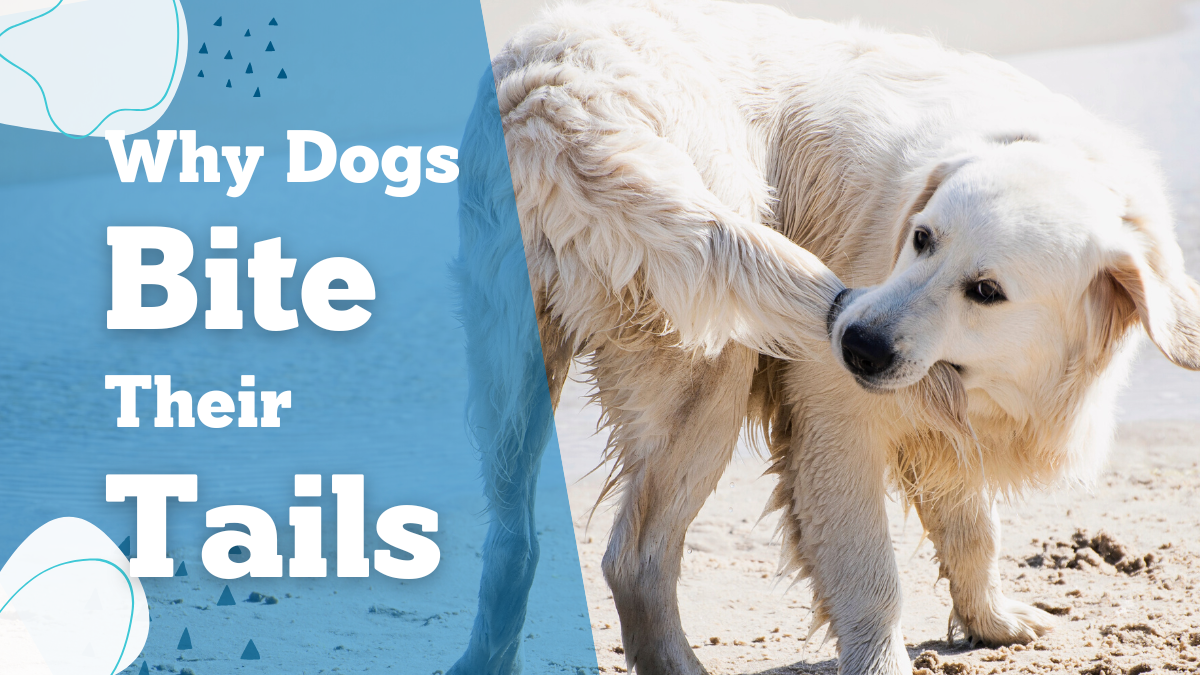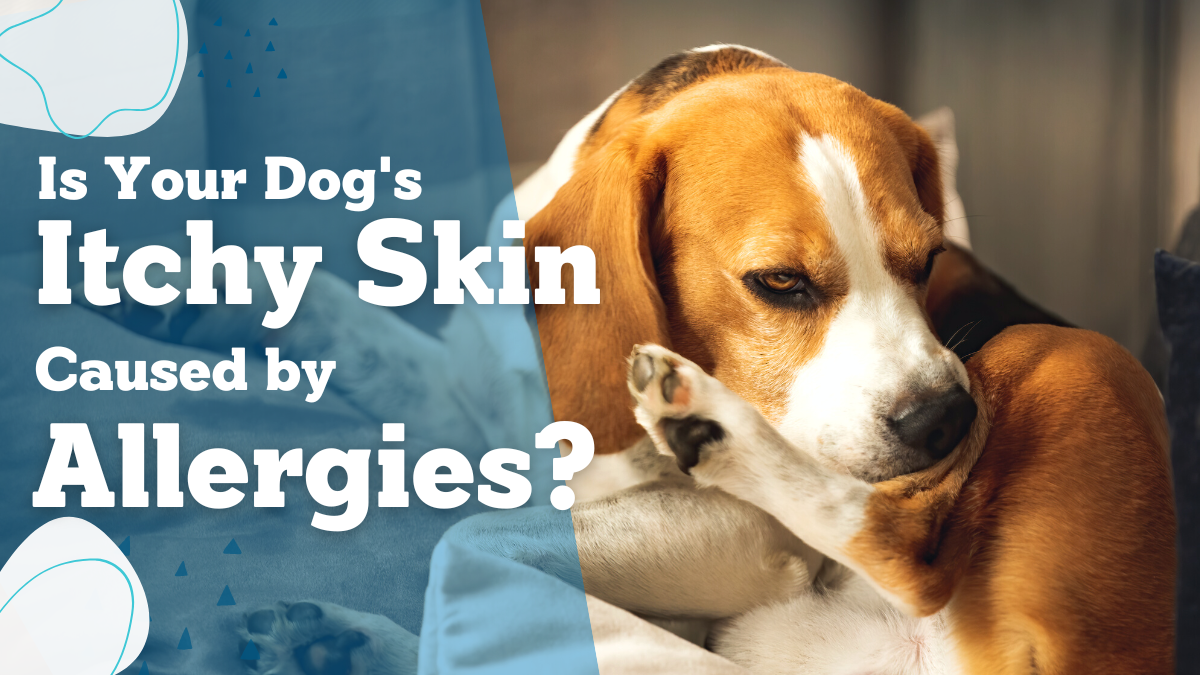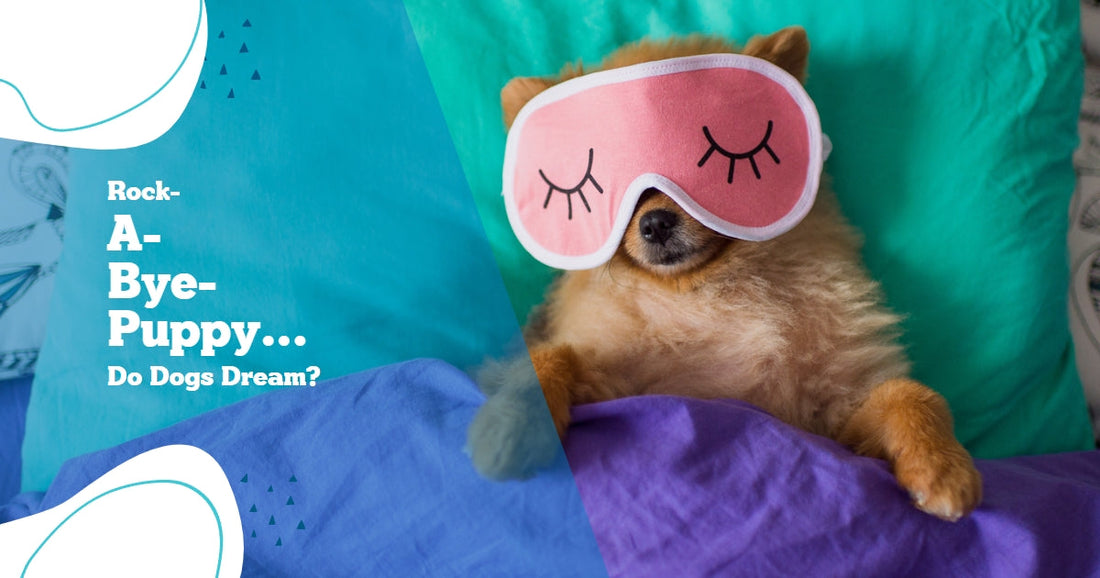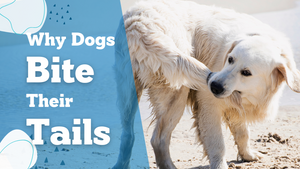Dogs are known to dream.
In fact, some even bark or whine in their sleep, which is usually a sign that they're dreaming.
What do dogs dream about? That's still something of a mystery.
Dogs, unlike humans, are unable to lie down on a therapist's couch and describe their fantasies. It can only be assumed that dogs have canine dreams.
Even though it is impossible to obtain a personal narrative from your furry friend, scientific proof suggests that dogs do dream.
What is a dream?
Dog dreams are an interesting phenomenon. They are often a mixture of waking hours reality and fantasy, and they can be quite puzzling.
Some people believe that they are a way for the brain to process information and sort through memories. Others believe that they are a way for the soul to explore other dimensions. There is no definitive answer, but dreams are certainly fascinating.
What do dogs dream about and what do they see
Some people believe that dogs see visions of things happening in the present or future in their dreams.
Others believe that dogs dream doggy things like chasing rabbits, playing with other dogs or getting the Zoomies.
Check out Our Zoomies Article to Learn Why They Get Sudden Bursts of Energy!
While this may be true in some cases, it's likely that dogs dream about things they have experienced during the day or things they are hoping to experience. Whatever the case may be, it's clear that dogs have some pretty wild dreams!

How can we tell if our dog is dreaming?
Research has shown that dogs experience REM sleep, which is the stage of sleep during which dreaming occurs in humans. So if you're curious about whether your dog is in dreamland, there are a few ways to tell.
Observe their sleeping habits
If your dog is panting or twitching while they sleep, it's likely that they are in the REM stage and may be dreaming. You might also notice your dog's eyes moving back and forth rapidly under their eyelids during this stage of sleep.
Listen to their vocalizations
They often make soft whimpering or whining sounds when they're in the midst of longer dreams. So if you hear your dog making these kinds of sounds while they sleep, they may be in dreamland.
Of course, the only way to know for sure is to ask them! :)
Why do dogs dream
The content of their dreams is often very similar to ours. Dogs may dream about chasing prey, playing with other dogs, or simply wandering around.
The reason why dogs dream is still something of a mystery, but scientists believe it has something to do with consolidating memories. Just as we replay past events in our dreams to better remember them, pups may do the same thing.
Whatever the reason, it's clear that they enjoy a good dream just as much as we do!

What are some of the most common dreaming dog imagery?
Do dogs dream sometimes? Do dogs dream of chasing rabbits, or playing with their favorite toy?
According to recent studies, the answers to those questions are yes and yes. In fact, researchers have found that dogs dream of just about everything that goes on in their lives when they're awake.
So what exactly do they dream about? Just like people, they dream about the things that are important to them. That means that they might dream about their favorite person.. yes that's you!... their favorite toy, or playing fetch with a tennis ball.
They might even dream about the last time they went for a walk or had a meal. Basically, if it's something that's important to them, there's a good chance they'll dream about it.
Interestingly, researchers have also found that they enter into REM sleep more frequently than people do. That means that they're likely having more dreams than we are.
So the next time they seems to be asleep but you see your dog twitching or barking, there's a good chance they're dreaming about something they're passionate about.
Of course, we can’t know for sure what goes on in our dog’s heads when they’re sleeping. But it’s fun to imagine what they might be about!
Do dogs have multiple sleep stages?
Dogs do not necessarily have a single sleep stage as is commonly believed. There are several different stages of dogs' sleep that they can experience, just like humans.
The difference is that dogs cycle through these stages more rapidly than people do, and they also tend to spend more time in the lighter stages than in deep sleep.
Our furry friends can experience 20 or more sleep cycles in one snooze session, whereas people only have four or five.

How can we help our dogs have better dreamland?
Our furry friends are known to have some of the most interesting dreams of any animal. They twitch, bark, and move around in their sleep, seemingly as if they're really experiencing what's going on in their dreamworlds.
But sometimes dogs have nightmares or a bad dream, just like people can. These can be very frightening and may even cause them to wake up in a panic.
If your dog is having a scary experience, there are some things you can do to help them have better ones.
First, try to figure out what might be the cause. If your dog is experiencing stress or anxiety during the day, this can often lead to having a scary dream at night. They can experience nightmares about anything that's stressing them out, such as a move to a new home, the addition of a new family member, or even something as simple as a change in their daily routine.
If you can identify the cause of your dog's nightmares, take steps to reduce their stress during the day. This may involve making some changes to their routine or diet, providing more exercise or attention, or working with a behaviorist to help them overcome their anxiety.
You can also try some natural remedies to help your dog relax before bed, such as giving them a calming supplement like chamomile tea. Putting on some soft, relaxing music before bed can also help to soothe your dog and prevent nightmares.
Finally, if your dog is still having bad nightmares, you may want to talk to your veterinarian about giving them a low-dose anti-anxiety medication at night. This can help to ease their anxiety and allow them to sleep more soundly through the night.
By taking some simple steps, you can help your dog to have better dreams and avoid the nightmare cycle. With a little patience and effort, you can help your furry friend to get the restful sleep they deserve.

Are there any dangers associated with dog dreams
There are no dangers associated with dog dreaming that we know of, but there is still a lot we don’t know about them and their effects. They are a mysterious and largely unexplored phenomenon.
If you are concerned about your dog, talk to your veterinarian.
While we don’t know a lot about our pups' dreams, we do know that dogs, like humans, experience, slow wave sleep, bad dreams, and rapid eye movement-REM sleep. This is the stage when most dreams occur. During REM sleep, your dog’s brain waves are similar to when they are awake.
Their eyes may move rapidly back and forth, and they may make small movements or vocalizations. It is believed that dogs' dreams occur during REM sleep, although we don’t know for sure.

It's still unknown exactly why your fur babies dream, but it's thought that they might dream about things that happened during the day or things they're anxious or excited about.
Whatever their dreams may be, it's clear that our canine companions experience rapid eye movement in sleep and have similar brain activity to humans when they dream. This means that we can learn a lot by studying canine dreams!
Think you have an idea of what your doggo is dreaming of? Share your furry friends' stories with us on our Facebook group Dog Facts, Laughs, and Baths!












